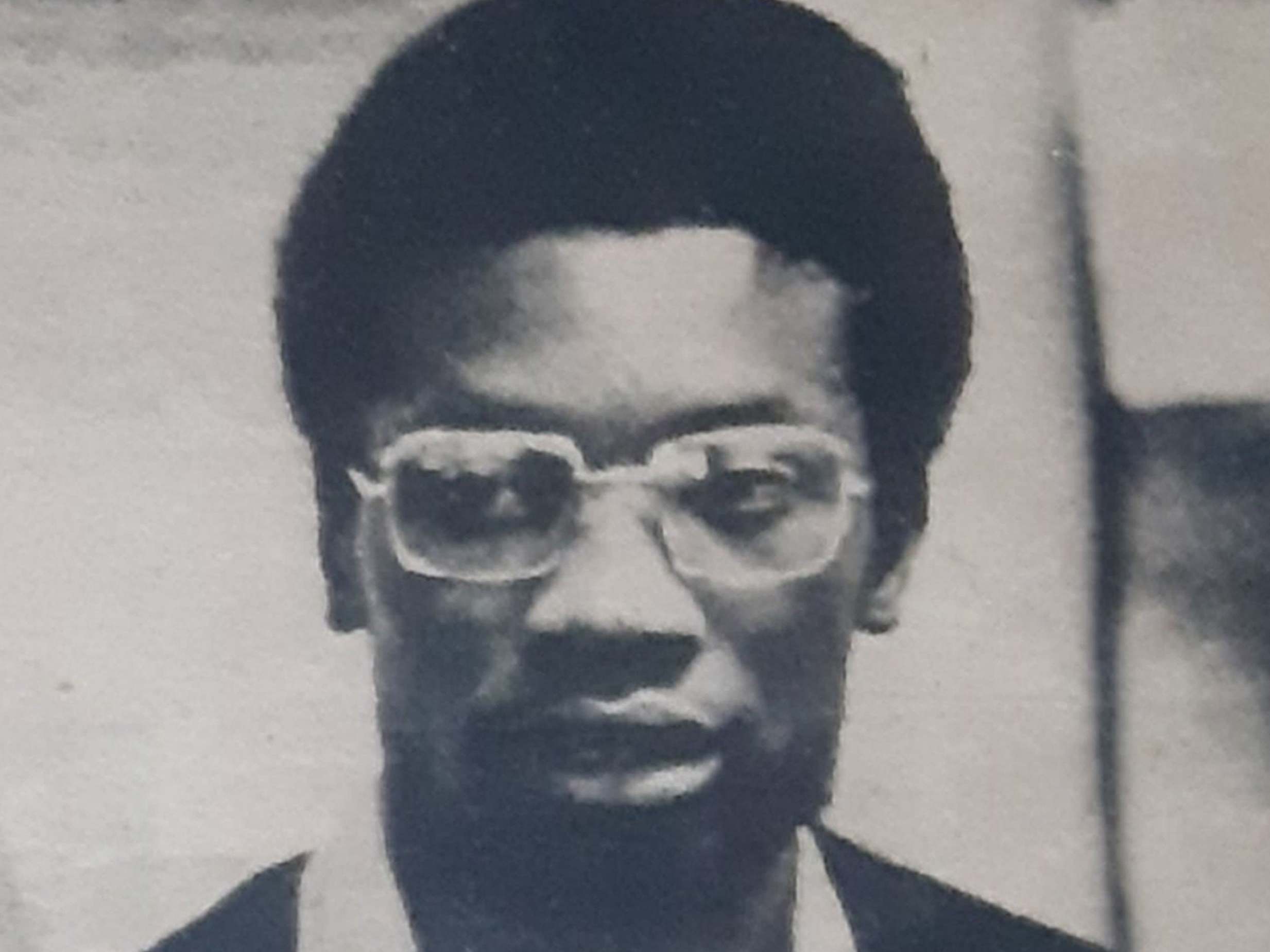Oval Four: Black men jailed after being framed by racist police officer have convictions quashed almost 50 years later
Lord Chief Justice expresses ‘regret that it has taken so long for this injustice to be remedied’

Three black men who were framed by a corrupt police officer for crimes they did not commit have been cleared after 47 years.
Known as the “Oval Four”, Winston Trew, Sterling Christie, George Griffiths and Constantine “Omar” Boucher were arrested at Oval underground station in 1972.
The operation was led by Det Sgt Derek Ridgewell, who was also the key prosecution witness, but was later jailed for conspiracy to steal and died in prison.
His corruption caused the case to be reconsidered, and the convictions were formally quashed at the Court of Appeal on Thursday.
All four men were convicted of assaulting a police officer and attempted theft, while Mr Christie was also convicted of the theft of a female police officer’s handbag.
Initial appeals failed, although their prison sentences were reduced from two years to eight months.
But the Criminal Cases Review Commission (CCRC) referred the Oval Four cases to the Court of Appeal after another conviction involving the same police officer was successfully overturned last year.
Only Mr Trew, Mr Christie and Mr Griffiths’ cases were formally considered because officials were unable to trace Mr Boucher.
The Lord Chief Justice Lord Burnett, Mrs Justice McGowan and Sir Roderick Evans quashed the three men’s convictions at a brief hearing in London.
Lord Burnett said there was “an accumulating body of evidence that points to the fundamental unreliability of evidence given by DS Ridgewell ... and others of this specialist group”.
The judge said it was “clear that these convictions are unsafe”, adding: “We would wish only to note our regret that it has taken so long for this injustice to be remedied.”
Speaking outside court after the hearing, Mr Trew said: “I feel great, I feel fantastic.
“For more than 45 years I have been trying to get my conviction quashed – today the Lord Chief Justice has told me exactly what I wanted to hear.
“Words don’t exist to explain how much it means to me, I am so happy.”
Mr Christie thanked supporters for years of campaigning and raising funds.
“I would also like to thank my family and friends, who have always supported us and known the truth about these convictions,” he added.
The solicitor who represented Mr Trew and Mr Griffiths said that if police had reviewed Ridgewell’s cases when his corruption emerged in 1973, “these innocent men’s lives would have been very different”.
Jenny Wiltshire, of Hickman and Rose, added: “While the acquittal of these innocent men is very welcome, it is deeply concerning that it has taken so long to happen.”
Steven Bird, who represented Mr Christie, said the case showed the importance of the “woefully underfunded” CCRC in righting miscarriages of justice.
“It is a travesty that these men have waited 47 years for exoneration for crimes that they did not commit,” he added. “Justice has now finally been done.”
In October, the CCRC the Oval Four cases may have significance for “a number of other similar convictions”, and potential victims of other miscarriages of justice were being contacted.
Ridgewell, who formerly served as a police officer in Rhodesia – now Zimbabwe – had been part of a British Transport Police unit responsible for investigating muggings.
His usual tactic was to confront young black men at Tube stations and accuse them of theft, then arrest them for assaulting police officers if they resisted.
The corrupt officer would then make up incriminating remarks he claimed they had made.
In the Oval Four case, the men were taken to Kennington police station and signed confessions written for them by Ridgewell.
In these statements, they admitted attempting to pick a man’s pocket, violently resisting arrest and previous theft offences elsewhere on the Tube network that they had not committed.
At their trial, all four pleaded not guilty and told how they had defended themselves after being unexpectedly set upon by plain-clothes officers who did not say they were police.
They said they signed false confessions in fear of further beatings, but were convicted.
Ridgewell’s tactics led to a string of high-profile and controversial convictions, until eventually a judge threw out a case brought against two young Jesuits studying at Oxford University.
Judge Gwynn Morris said at the time: “I find it terrible that, here in London, people using public transport should be pounced upon by police officers without a word.”
Defendants in three other cases on the London Underground investigated by Ridgewell had been acquitted in the early 1970s – known as the Waterloo Four, the Stockwell Six and the Tottenham Court Road Two.
Amid calls for an inquiry into his cases, Ridgewell was moved into a department investigating mailbag theft.
But he entered a conspiracy to steal mailbags with two other criminals, resulting in thefts valued at over £300,000 – equivalent to almost £1.3m today.
He was eventually caught and jailed for seven years, dying of a heart attack in prison in 1982 at the age of 37.
Subscribe to Independent Premium to bookmark this article
Want to bookmark your favourite articles and stories to read or reference later? Start your Independent Premium subscription today.